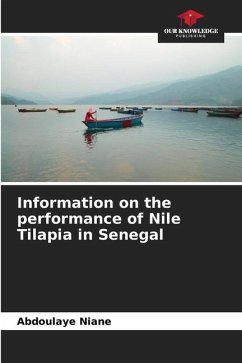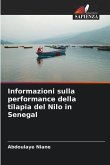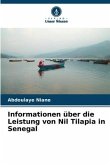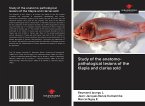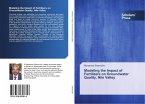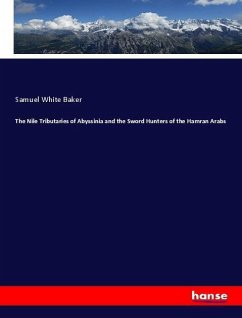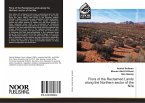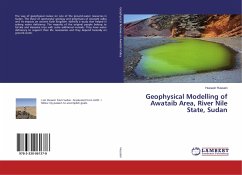The research topic is part of the "Valorisation du potentiel écologique et hydro-agricole de la vallée du fleuve Sénégal dans le département de Dagana par l'aquaculture intensive d'Oreochromis niloticus" programme, signed between the University of Liège in Belgium and the Cheikh Anta Diop University in Dakar, and is in its final year of implementation after 5 years of existence from 2006-2011. Most of the activities have been carried out locally, at the CSS experimental station, at the target sites and in Belgium for the research work (genetic and nutritional analyses). The study on enzymatic polymorphism of proteins made it possible to characterise the different natural populations from three environments in the Senegal River valley. The river population had the greatest genetic variability, with polymorphism rates of 19% and heterozygosity of 6.1%. However, the Djoudj reserve population had the lowest rates of polymorphism and heterozygosity (12.5% and 2.4% respectively), so less genetic variability and more inbreeding.
Bitte wählen Sie Ihr Anliegen aus.
Rechnungen
Retourenschein anfordern
Bestellstatus
Storno

